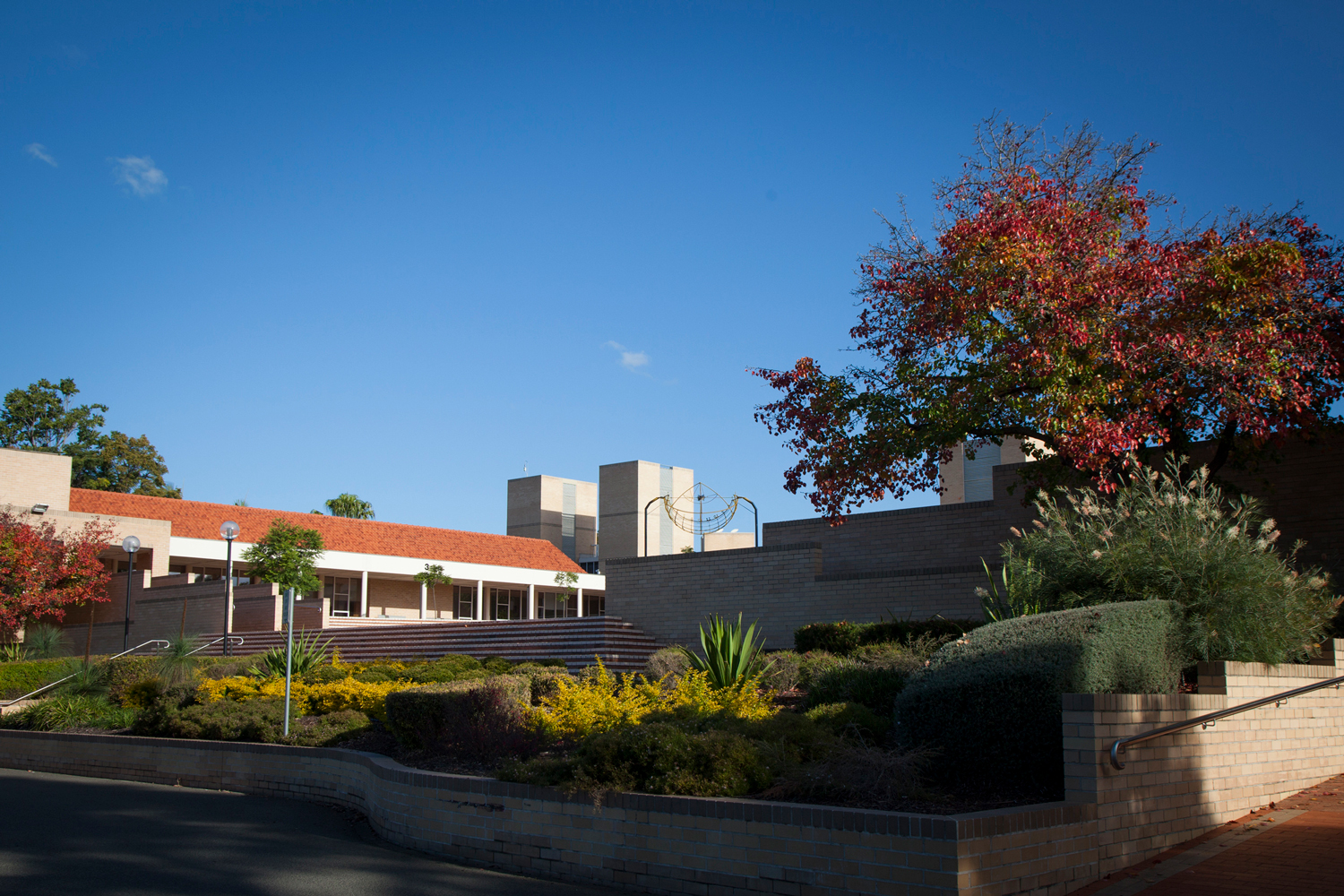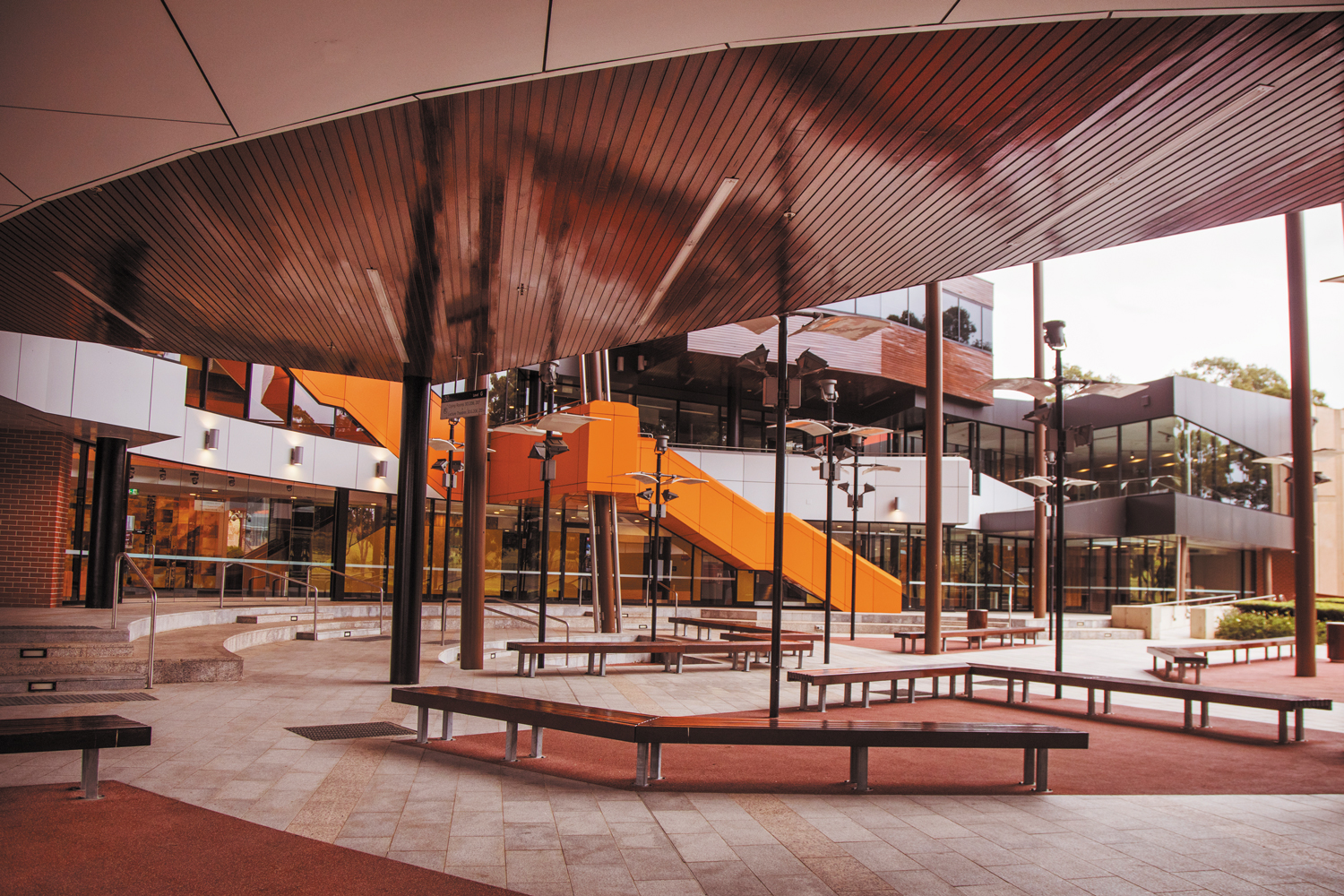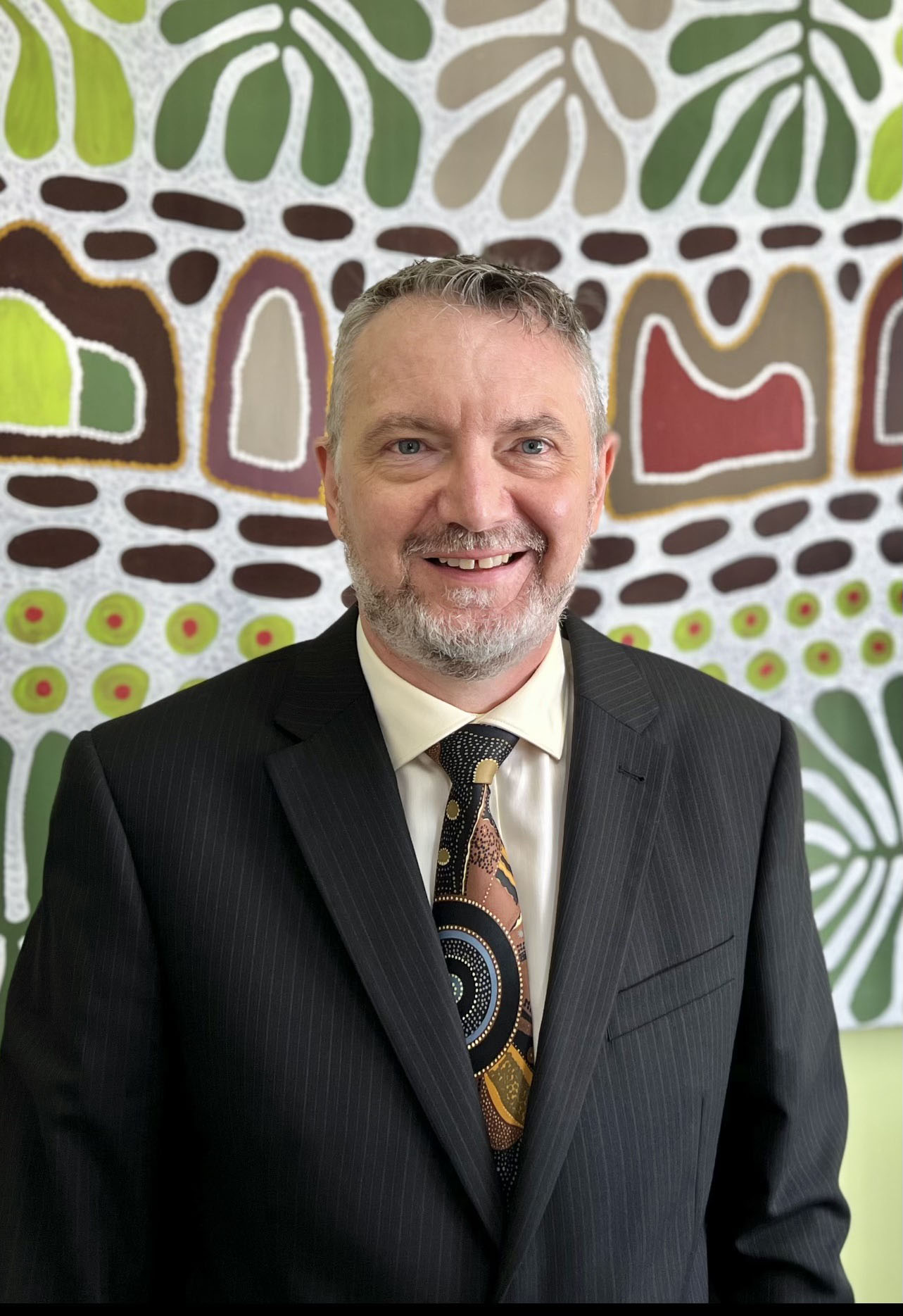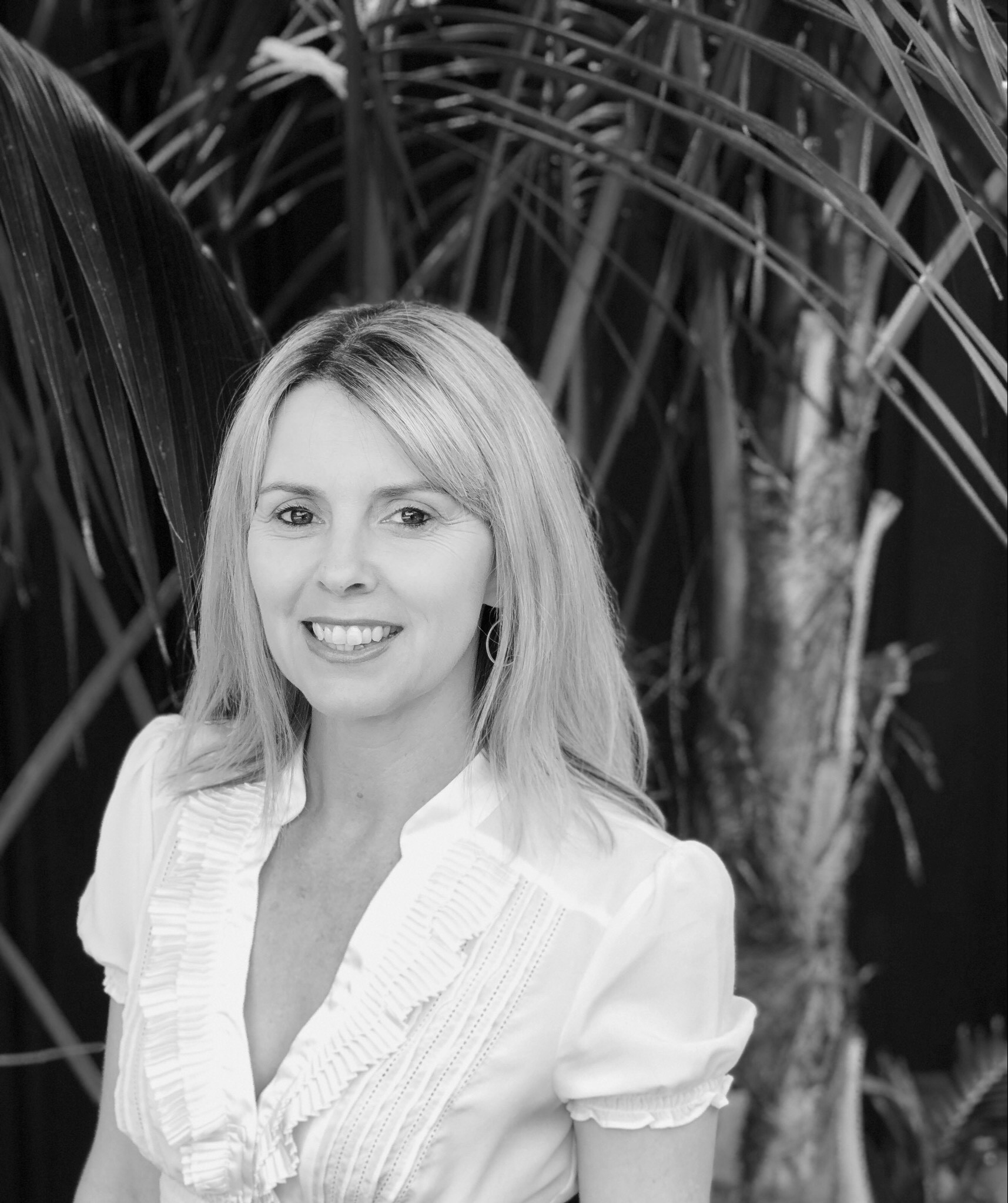You can search for courses, events, people, and anything else.
The pressures of delivering an excellent educational experience for students at tertiary level and conducting world-class research are hard enough in normal times. Amid a global pandemic that caused two lockdowns, forcing staff and students to stay at home for extended periods, how did university staff cope? A survey of Western Sydney University staff in 2020 sought to find out.
The results of the survey, based on 142 questions about all aspects of academic life, paint a detailed picture of how more than 2,300 Western academic and professional staff (a response rate of 86%) adjusted their work practices to the conditions imposed by the pandemic. “The COVID-19 pandemic profoundly affected research and teaching at very short notice,” notes Kevin Dunn, Pro Vice-Chancellor Research at Western.
A Quick Pivot to Teaching Online
Almost overnight in March 2020, lockdown forced classes to go online. “Our staff were required at very short notice to pivot to online delivery of their teaching to provide continuity of learning for our students,” says Simon Bedford, Pro Vice-Chancellor (Learning Futures). “They made a rapid transition at some cost in terms of their time, their research and other commitments.”
The research team assembled for this project were experts in work and education, and in innovative teaching and learning. One of the major findings of the survey was the divergent views on the success of online teaching, with 56% of teaching staff saying that this mode of delivery had worked well for them. This proportion was higher for staff with dependent children, perhaps because it allowed more flexibility for them to care for their children. However, only 44% of staff thought that online teaching had worked well for their students.
Bedford notes that the pandemic fast-tracked a pre-existing trend towards adopting online education. “There is no doubt that the pandemic has caused the education sector to make a technological leap forward in terms of online education,” he says. “We had been progressing steadily in terms of building digital staff capability and capacity in online teaching and student learning, but this was a rapid acceleration in our ability to do that.”
Effect on Research
Not surprisingly, laboratory work was greatly disrupted by the lockdowns, with almost 75% of lab researchers acknowledging that the impact had been negative or very negative. Those in the STEM disciplines and health were most affected since these areas are most reliant on experiments involving physical equipment, Dunn says. The survey results highlight the need to make it easier to conduct experiments remotely, where possible. “We need to build our labs and laboratory information systems better so that we can provide for remote user access,” says Dunn. “That will future-proof our facilities against other disruptions, and plus we will be able to open them up to wider use.”
But research benefited in other ways. For example, 61% of researchers agreed or strongly agreed that videotelephony reduced barriers to attending meetings and conferences. “Staff recognised the benefits that videotelephony afforded to maintain things like meetings with research collaborators, and people became quite adept at online conferencing,” comments Dunn. However, this is tempered by the fact that 74% of study participants reported negative or very negative impacts of COVID-19 on conference and seminar presentations. This might indicate that despite their convenience, something is lost when conferences are held online, such as informal networking opportunities and conversations over coffee. “The world needs to continue to think about how we do conferences,” says Dunn. “This is a live debate at the moment.”
Staff Wellbeing
Possibly the most critical aspect surveyed was how the pandemic lockdown of 2020 affected staff wellbeing. Overall, the results were good, with 91% agreeing they felt safe conducting their role and 73% reporting they had coped well with disruptions caused by the pandemic. About half of staff agreed that their wellbeing had improved while working remotely. But Danielle Tracey, a professor in the School of Education notes that the results varied according to the life situation of staff. “It was intense for staff members who had young children and were homeschooling them at the same time as they were trying to do their jobs,” she says. “It is likely that those staff continued to struggle in the longer 2021 lockdown.” In total, 75% of those surveyed agreed they were able to meet family responsibilities while working.
University management scored well for its handling of the crisis. “Central to addressing the situation was a cross University team working with collegiality and agility, while providing analyses and integrated solutions during the dynamic public health crisis” says Jo-Anne Chuck, associate professor and Head of Teaching and Curriculum. Communication was rated highly, with 95% of staff agreeing that it was clear and timely and 85.4% agreeing that executive management had made effective decisions in their response to COVID-19. But it wasn’t easy to manage. “On some days, I had more than a dozen back-to-back Zoom meetings, and I remember having blurred vision by the end of some days,” recalls Dunn “It was emotionally and physically taxing, but a lot was achieved.”
Recommendations and Further Analysis
The report’s conclusion notes that the pandemic dramatically transformed how staff worked, and while participants’ responses about their work and life were largely positive, there was considerable variation across demographic characteristics, namely gender, and academic versus professional roles regarding the impacts of these changes. The report authors recommend conducting further research to gauge staff perception regarding the adoption of innovative practices such as remote teaching and videotelephony for research.
Dunn notes that there have already been changes to working conditions at the university. “Academic staff have even more flexibility than they used to have in terms of working from home. But that flexibility is much more profound for our professional and administrative staff than used to be the case,” he says. “I think that’s a very positive thing and it has allowed the University to take a leap of faith in terms of trust of its staff.” “It also resulted in reflection of the daily commute on work-life balance but also on environmental sustainability," said Chuck.
The survey results won’t be solely used for informing Western’s staffing policy; 62% of respondents gave permission for their responses to be used for research purposes. “Because we knew we would collect a substantial amount of data that would have global importance, we obtained ethics clearance to use the survey data for research purposes,” explains Dunn. “And we’re making the data available for our researchers to use.”
Meet the Academic | Professor Kevin Dunn
Kevin Dunn is the Pro Vice-Chancellor Research at Western Sydney University. He is a leading researcher in the geographies of racism, immigration and settlement, Islam in Australia, local government and multiculturalism, and racism and anti-racism. He has championed local anti-racism, bystander activism and online action, as a means to address racism in direct, relevant and more contemporary ways. Kevin’s research has highlighted the culturally and spatially uneven distribution of citizenship in Australia. As a leader on the Challenging Racism Project, Dunn has developed and lead Australian Research Council funded projects that have generated comprehensive databases on racism and anti-racism, and operationalised novel concepts, such as Anglo privilege, belief in ‘race’, and bystander responses. At Western he is responsible for global rankings, research infrastructure, funding and integrity.
Meet the Academic | Professor Simon Bedford
Simon Bedford is Pro Vice-Chancellor Learning Futures, at Western Sydney University where he is responsible for the leadership of strategic educational innovation and collaboration to shape the University's commitment to ensuring its students fulfil their potential to become influential global citizen-scholars in a new technology-enabled world. His portfolio includes, Teaching and Curriculum, Technology Enable learning, Mathematics Education Support (MESH) and Sustainability Education (SDG’s).
At Western, his contribution to teaching and learning is evidenced through his leadership of the WesternX (Microcredentialing), NPILF Projects, and Digital Transformation), the creation of a new curriculum design and approvals policy, better learning analytics for the continuous improvement of teaching, enhanced awards/recognition programs, and the collaborative delivery of original staff professional learning programs to support the design and implementation of that curriculum within our technology enabled learning environments.
As a researcher in the field of higher education, Simon currently supervises HDR students all drawing on a range of conceptual frameworks, methodologies and methods in the areas of learning analytics, assessment literacy, and digital transformation (Dx). He has helped to drive several national projects including Institutional External Referencing of Assessment Standards (ERoS), OLT Inter-institutional collaboration through delivering formative assessment, and OLT Assessing Assessments against threshold learning outcomes. He is currently executive sponsor of CAULLT Taxonomy for Credentialing Australasian University Educators, Australasian HE microcredentialing framework for professional learning, and Technology Enabled Mentoring Strategic Initiatives.
Simon is an award-winning teacher, having been recognised for his achievements with three Vice Chancellor Outstanding contributions to learning and teaching awards, and an Australian Awards for University teaching (AAUT) award. He is a leader of the Higher Education Research and Development Society of Australasia (HERDSA) assessment group and is President of the Council of Australasian University Leaders in Learning and Teaching.
Meet the Academic | Professor Danielle Tracey
Danielle is a Professor in Educational and Developmental Psychology and Disability Studies, and a senior researcher in the Centre for Educational Research, Western Sydney University. In 2018 she was appointed as the University-wide Research Theme Champion for Education and Work where she applied her research and leadership expertise to foster high quality interdisciplinary research across the University within this substantive area.
Her career objective is to advance the psychosocial wellbeing of children and young people, with a particular focus on individuals with intellectual disabilities. She achieves this through the synergies between her research, teaching and leadership, HDR supervision, and consultancy in the field. Her work adopts an ecological approach to understand and shift the influential factors at individual, systemic practice, and community policy levels.
As an accomplished researcher winning over $3.1 million in national and international research grants, she collaborates with scholars in Canada, USA, Germany, Sri Lanka, Papua New Guinea, and Hong Kong. She is widely authored in high-impact journals and is the co-editor of two international volumes on inclusive education. She is a mixed-method researcher conducting rigorous program evaluations and longitudinal designs to identify developmental trends and practices that optimise psychosocial development.
Most notably, she works closely with industry and end-users of research as a consultant and researcher. These partnerships are strengthened by her experience as an Educational and Developmental Psychologist and Service Manager within the community sector for 15 years prior to entering academia.
Credit
Future-Makers is published for Western Sydney University by Nature Research Custom Media, part of Springer Nature.
© Dan Dimmock/Unsplash
© Sally Tsoutas
© Thomas Lefebvre/Unsplash
© Sally Tsoutas









